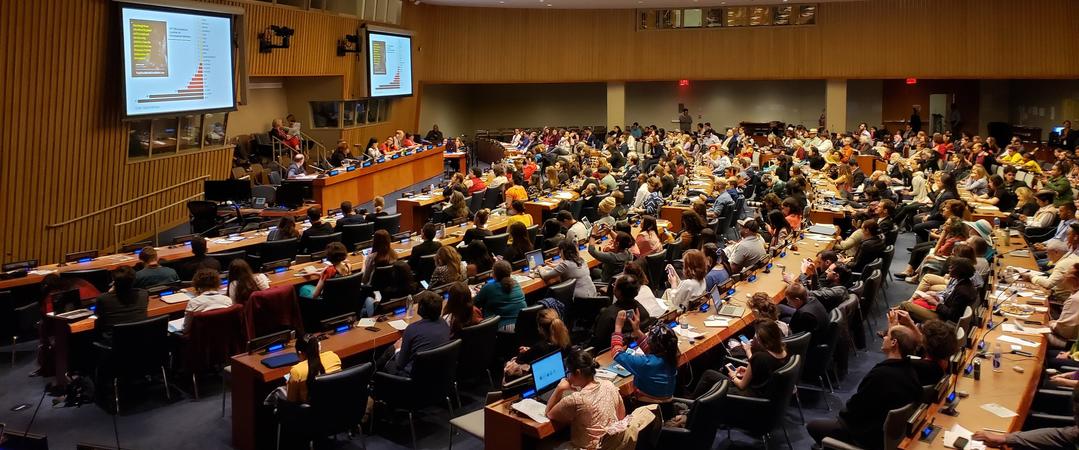By Jane Lampman
The Christian Science Monitor
Cambridge, Mass.
Thursday, October 1, 1998
In 1992, scientists from 70 countries issued a warning: Earth’s environment is in such a grave state it demands the urgent attention of religious leaders as well as politicians, scientists, and educators. That call, says Mary Evelyn Tucker - associate professor of religion at Bucknell University in Lewisburg, Pa. - helped galvanize a three-year exploration of world faiths and their views on the natural world that will conclude later this month at the United Nations.
Past UN environment conferences revealed the need for a shared ethic, and an Earth Charter is being drafted. The series of conferences coordinated by Dr. Tucker and her husband, John Grim, seeks common ground among faiths and other disciplines for altering our worldviews and lifestyles. An academic discipline is being developed combining religion and ecology.
The environmental crisis “is also a moral and spiritual crisis,” Tucker says, and with this effort, “we are creating new modes of being religious in the contemporary world.”
Since May 1996, conferences have been held on ecology and Judaism, Christianity, Islam, indigenous traditions, Hinduism, Buddhism, Taoism, Confucianism, Shintoism, and Jainism.
The recent interdisciplinary gathering at the American Academy of Arts and Sciences here explored the relation of religious values to environmental education, science, economics, and public policy. On Oct. 20 and 21, culminating sessions about faiths and the environment will be held at the UN and the American Museum of Natural History in New York. The aim is to spur new alliances for transforming values and practices, “reinventing industrial society on a sustainable basis.”

